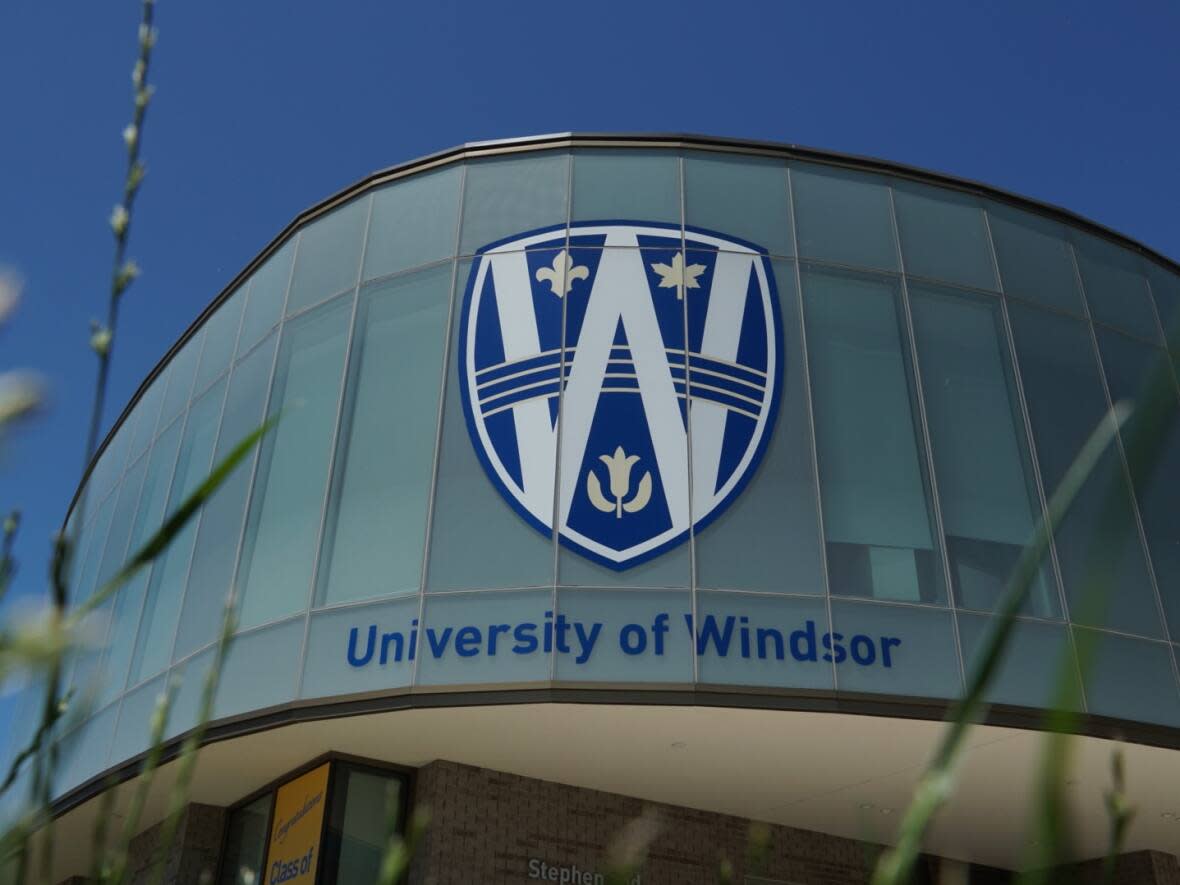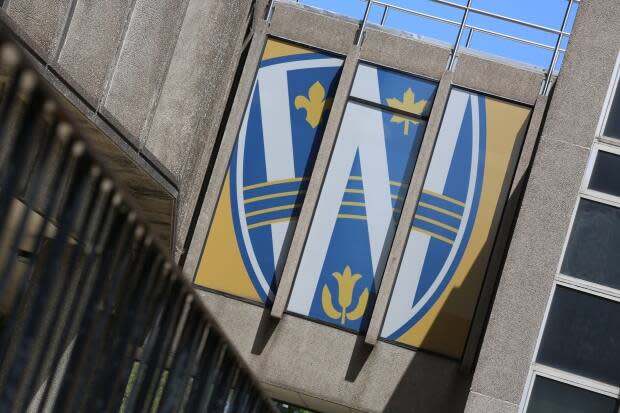UWindsor launches hotline for whistleblowers to report misconduct

The University of Windsor has launched a hotline for faculty and staff to report suspected misconduct.
The Whistleblower Safe Disclosure hotline will be run in partnership with the accounting firm Grant Thornton to deliver the program.
According to the program's website, University of Windsor employees may report suspected improper activity regarding:
"A serious breach of University policy"
"A violation of a legal or regulatory requirement"
"Serious financial misconduct, such as theft, misappropriation of University assets, forgery, authorizing or receiving payments for goods or services not received"
"Research misconduct"
Nobody at the University of Windsor was made available for an interview Monday, but CBC News asked why the university was setting up the hotline and if it was due to an increase in misconduct. In a statement to CBC News, the University of Windsor said it is continuing to improve its internal processes to create a positive environment and prevent any future misconduct.
"The goal of the program is to create a safe space for reporting; address concerns and find solutions that would benefit staff, students and faculty and ultimately the institution long term," the statement read.
The university did not say how much the hotline is costing.

Complaints can be made through the phone number 1-800-484-2273, via email, online or by mail.
The program website says that after a potential whistleblower submits a complaint, Grant Thornton will forward it to the university, whose internal auditor will review the submission and determine if an investigation is needed or not.
The website further states that the university will "endeavour" to protect the identity of the whistleblower, but that it may be necessary to request their identity be revealed.
"Your identity is generally not required in order for issues to be addressed," the disclaimer at the bottom of the page reads. "However, in certain instances (e.g. matters relating to you specifically such as harassment or violence) your organization may not be able to fully investigate without knowing who you are."
"The choice is yours, but in such cases, we would encourage you to consider identifying yourself so that your employer may fully investigate and provide you with the necessary support, assistance, and/or protection required."
Canada is a "wasteland" for whistleblowers, expert
Although he credits the University of Windsor for setting up the whistleblower hotline, a whistleblowing expert has wider concerns about the protection that would be applied to potential whistleblowers, citing the lack of protection whistleblowers have at the federal level.
"Canada is essentially a wasteland for whistleblower protection," said David Hutton, senior fellow with the Whistleblowing Initiatives Steering Committee at Toronto Metropolitan University's Centre for Free Expression (CFE). "We have a system that's been in place for 17 years which has never protected a single whistleblower in that time."

Hutton says Canada is falling behind the rest of the world when it comes to creating legislation aimed at protecting whistleblowers.
"The U.S. has been creating whistleblowing laws since the late 1970s; the U.K. has had it for at least a couple of decades," he said. There are now more than 50, probably approaching 60, countries now, including all EU countries, who are working toward strong whistleblower protection."


